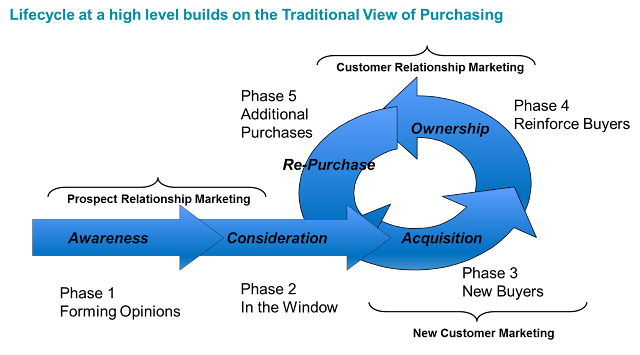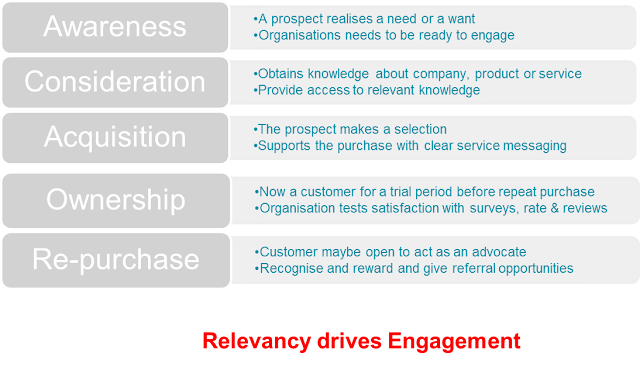Individuals might look the same but that doesn't mean they will act in the same way or indeed need the same things.
The combination of choices of good and services available to a customer and the wealth of communication channels available to a brand make it a complicated world. This is the challenging environment a brand faces when it is trying to get a message through to a prospect or indeed an existing customer.
But by cracking this nut and treating customers at an individual level can pay massive dividends when trying to measure ROI. At the end of the day that's what it is all about, numbers
But ROI can't be built around a neat little profile of what customer segment ' Jason and Trudy' look like. ROI can only be built around what Jason and Trudy actually do, or what we can get them to do.
And ultimately, we can only get Jason and Trudy to do something if we interact with them in a way they control and are comfortable with AND that costs in for us.
If they want us to talk to them about baked beans via expensive pieces of direct mail, it just wont happen. Conversely, if a prestige car brand thinks it can sell premier quality cars via email only they are going down a one way street, the wrong way!
As shown as far back as the 2009 Forrester Research survey, “Profiling the Multichannel Consumer,” 70% of U.S. consumers that research online and purchase offline, 85% are multichannel buyers. Many organisations estimate that as much as 50% of their customers — typically those of highest value — purchase across multiple channels
In reality, a multi channel approach has been shown to work best, as long as we are mindful of the following
1- the messages coming through those channels look like they are coming from the same organisation. And by look I mean that they look, feel, sound and taste the same.
2 - each of the channels is used to it's strengths and and on what the customer or potential customer wants to use it for. Part of that involves understanding the lifecycle at a macro level , often depicted as in Figure 1
 |
| Figure 1 |
And the understanding what customers want or need at those various stages. As in any journey, the things you need will differ depending where you are on that journey, and there are other things you don't want. The brands role is to match these needs and wants with content that is relevant and hence results in engagement - Figure 2.
 |
| Figure 2 |
What's the best way of finding out what customers want ?. Ask them and Test your approach because ultimately it' about what customers do rather than what they say will do.
Actions based on a combination of what customers say and do will ultimately smooth their path to purchase












































